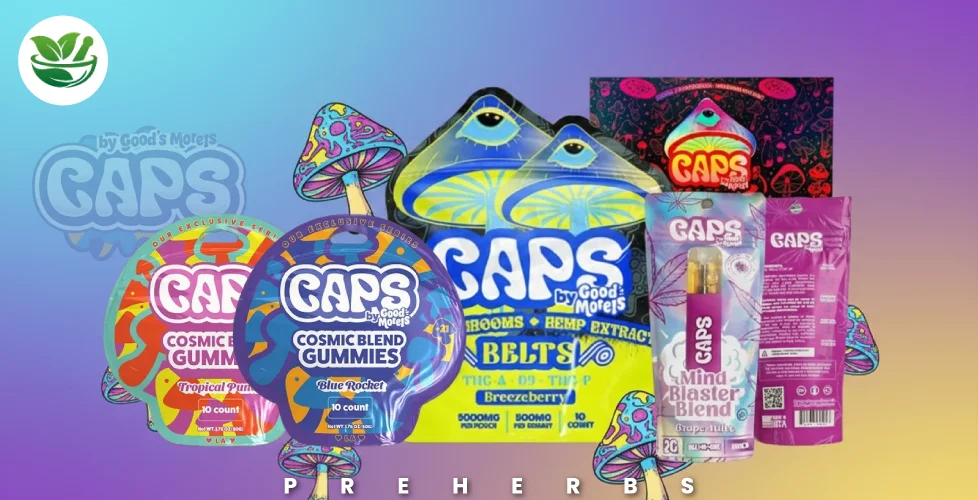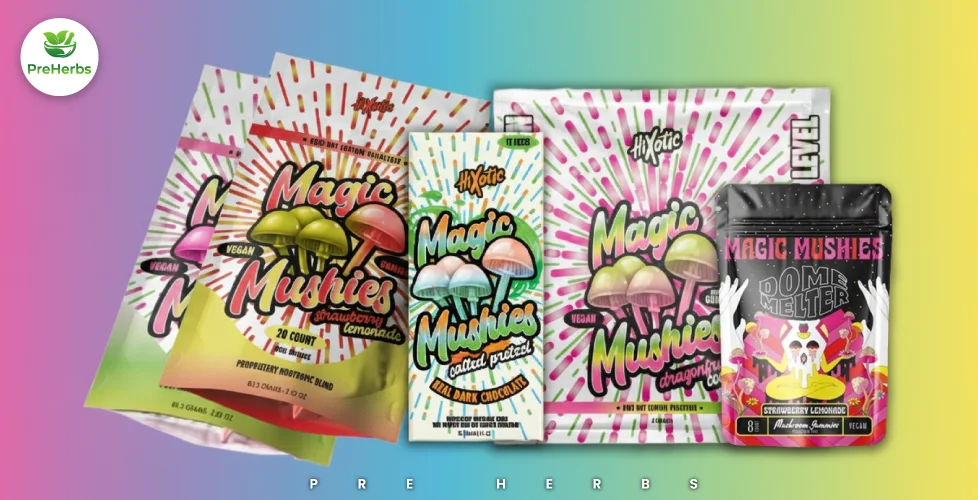Nutrient-Rich Mushrooms have long been recognized for their taste and beneficial capabilities, but their nutritional worth is frequently overlooked. These edible mushroom, which are high in vitamins, minerals, and antioxidants, provide several health advantages, including improved immune function and heart health. This article, created by a nutritionist, tries to shed light on the best nutrient-rich mushrooms to integrate into your diet for a healthy boost.
Nutritional Profile of Mushrooms
- Low-Calorie Source:
Mushrooms offer a low-calorie option packed with essential nutrients, including fiber, protein, and antioxidants, making them an excellent addition to a balanced diet.
- Vitamin D:
Mushrooms contain vitamin D, especially when exposed to sunlight. This unique characteristic provides a valuable non-animal source of this vital nutrient, crucial for bone health and immune function.
- B Vitamins:
Mushrooms are rich in various B vitamins, including riboflavin (B2), niacin (B3), and pantothenic acid (B5). These vitamins play a key role in energy metabolism by aiding in the breakdown of proteins, lipids, and carbohydrates.
- Minerals:
Mushrooms are a source of essential minerals such as selenium, potassium, and copper. These minerals support various bodily functions, including immune response, heart health, and neural activity.
- Antioxidants:
Mushrooms contain antioxidants, including selenium, which help combat oxidative stress, reduce inflammation, and lower the risk of chronic diseases. This antioxidant content contributes to overall health and well-being.
Top Picks for Nutrient-Rich Mushrooms

Shiitake Mushrooms
Shiitake mushrooms, native to East Asia, are not only prized for their rich, savory taste but also for their impressive nutritional profile. They are a good source of B vitamins, which play a vital role in energy metabolism and brain health. Shiitakes also contain a unique compound called lentinan, known for its immune-boosting properties and potential to fight off infections and cancer. Adding shiitake mushrooms to your diet can be as simple as incorporating them into soups, sautés, or even making a shiitake mushroom tea.
Portobello mushrooms
Portobello mushrooms are essentially mature Cremini mushrooms that have grown to a larger size. Their meaty texture makes them an excellent substitute for meat in many dishes, providing a high dose of minerals like potassium and selenium. Potassium is crucial for heart health, while selenium supports the immune system and antioxidant defenses. Portobellos are perfect for grilling and can be used as burger patties or steak substitutes, offering a flavorful and nutritious addition to any meal.
Oyster mushrooms
Oyster mushrooms are not only known for their delicate texture and mild, sweet flavor but also for their health benefits. They are a good source of protein, fiber, and a variety of vitamins and minerals, including B vitamins, potassium, and copper. Oyster mushrooms have been found to possess cholesterol-lowering properties and are rich in antioxidants that help protect cells from damage. These mushrooms can be easily added to stir-fries, pasta dishes, or used as a topping for pizzas.
Enoki mushrooms
Enoki mushrooms, with their long, thin stems and small caps, are a staple in Asian cuisine. They offer a crunchy texture and a slightly fruity flavor. Nutritionally, enokis are high in fiber, support digestive health, and contain antioxidants like selenium. They also provide a modest amount of protein. Enoki mushrooms can be used raw in salads or sandwiches or lightly cooked in soups and noodle dishes.
Cremini Mushrooms
Cremini mushrooms, also known as baby bellas, are younger versions of the Portobello. They are rich in selenium, copper, and niacin. Cremini mushrooms offer a more robust flavor than their white button counterparts and are versatile in cooking. They can enhance the nutritional profile of any dish, from risottos to omelets, with their rich mineral content and antioxidants. Their ability to support heart health and boost the immune system makes them a valuable addition to a healthy diet.
Tips for Selecting and Storing Mushrooms

Selecting the right mushrooms and storing them properly is essential to maximizing their nutritional benefits and flavor. Here are some tips for choosing and preserving your mushrooms:
- Freshness is key. Look for mushrooms that are firm, plump, and clean. Avoid mushrooms that appear slimy or have spots of mold. The surface should be dry, but not dried out.
- Avoid washing: mushrooms absorb water quickly, which can affect their texture and taste. Instead of washing, gently wipe them with a damp cloth or a soft brush to remove any dirt.
- Proper Storage: Store mushrooms in the refrigerator in their original packaging or in a paper bag. Plastic bags can trap moisture and accelerate spoilage. Mushrooms typically last about a week when stored correctly.
- Prepping for Longer Storage: If you have more mushrooms than you can use in a week, consider slicing and sautéing them before freezing. This method helps retain their texture and flavor for up to a month.
Incorporating Mushrooms into Your Diet

Mushrooms are incredibly versatile and can be incorporated into a wide range of dishes. Here are some creative ways to add mushrooms to your diet:
- Start with Breakfast: Add sautéed mushrooms to omelets, frittatas, or scrambled eggs for a nutritious start to your day.
- Upgrade Your Sandwiches: Thinly sliced raw mushrooms can add a crunchy texture and earthy flavor to sandwiches and wraps.
- Boost Your Salads: Toss grilled or raw mushrooms into salads for an extra dose of nutrients.
- Meaty Main Courses: Use Portobello mushrooms as a substitute for beef in burgers or chop them into pieces as a meat alternative in pasta sauces.
- Snack Time: Sliced and roasted mushrooms make a delicious and healthy snack. Season them with your favorite spices and roast until crispy.
- Soup and Stews: Mushrooms add depth and flavor to soups and stews. They can also serve as the main ingredient in rich and creamy mushroom soups.
Conclusion
Mushrooms are a nutritional powerhouse that can enhance the flavor and nutritional value of many dishes. From immune support to heart health, the benefits of incorporating Nutrient-Rich Mushrooms into your diet are vast. Whether you prefer the meaty texture of Portobello, the delicate flavor of oysters, or the versatility of Cremini mushrooms, there’s a variety to suit every palate. By selecting fresh mushrooms and storing them properly, you can enjoy their maximum flavor and nutritional benefits. Experiment with different types and cooking methods to discover the many delicious ways to enjoy mushrooms every day.



